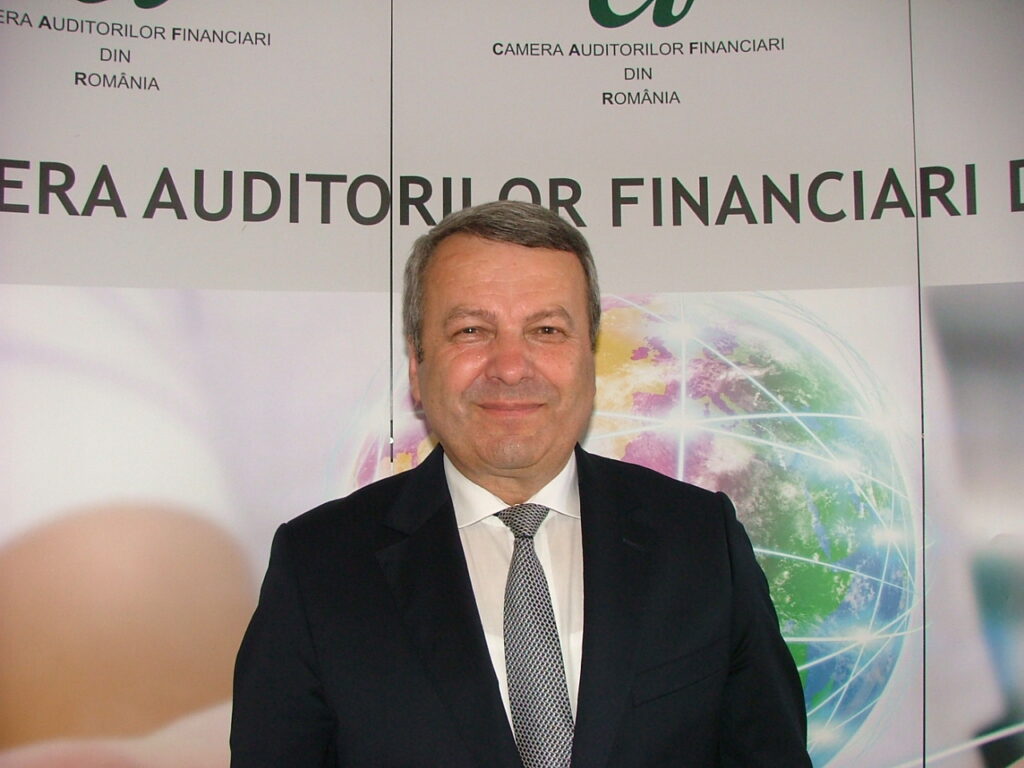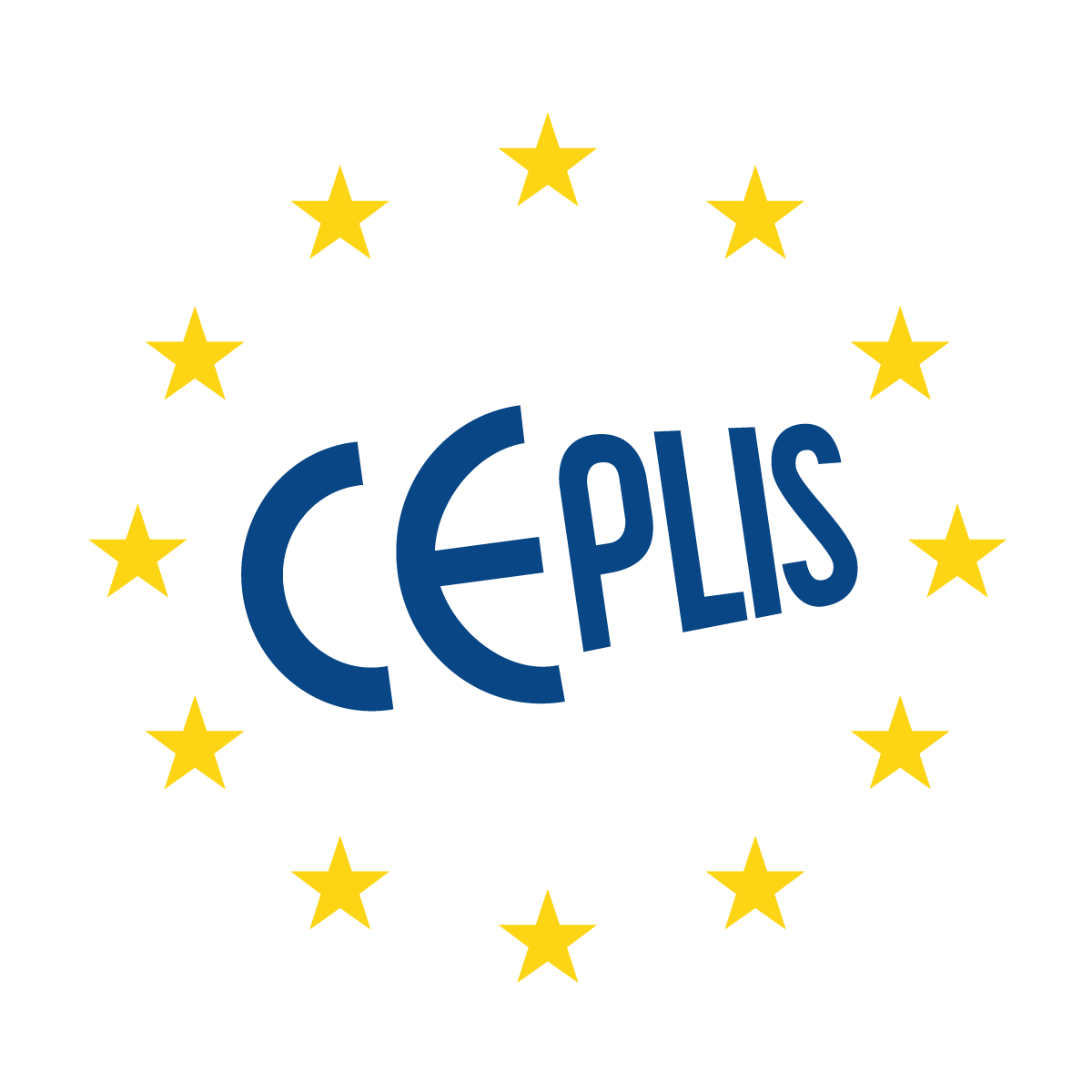We take great pleasure in sharing with you today our recent interview with Prof. Gheorghe Ialomitianu, President of our inter-professional member UPLR- Liberal Professions in Romania. With his background as Economist and former Minister of Finances, M. Ialomitianu comes backs on the latest difficulties facing his country because of the pandemic. Furthermore, he casts light on the need for the EU to take into consideration the professions of our sector when it comes to the economic recovery package (NextGenerationEU) dedicated to mitigating the pandemic-related turmoil.

- Was it easy for your organization to adapt to the confinement period during the current pandemic? (telework, teleconferences, closed premises, etc)
The professional organizations in Romania have had to adapt to the new working and communication conditions with clients, imposed by the restrictions established by law, due to this pandemic. UPLR and its member organizations carried out their activities online, providing support to liberal professionals and the expertise of public authorities. UPLR organized the Conference on « Exercising the Liberal Professions in the Conditions of Digitalization » on the occasion of the « Day of the Liberal Professions ». This event was attended by representatives of the Government, ministries, business and academic environment and other public institutions. It was concluded that digitalization has become a necessity for the liberal professions, the business environment and public institutions and not an option in this period, but also in the future.
It is necessary to elaborate a legal framework through which to regulate the way of carrying out the activities and the communication between the liberal professionals and the clients. Many activities specific to the liberal professions took place during this period in a larger volume of work, compared to the period before the health crisis, for example the activity of doctors. Liberal professionals are convinced that even after the pandemic, their activity will take place in conditions other than before this crisis. Of course, digitalization does not completely solve communication issues between liberal professionals and their clients. Sometimes it is necessary to have a physical meeting between liberal professionals and clients. For these reasons, their working conditions had to adapt to the restrictions imposed by this health crisis. Professional organizations did not suspend their activities during this period. They organized professional training courses adapted to the current conditions, access to the profession exams, conferences, meetings with members and with the business environment in which representatives of public institutions also participated.
- To what extent has this disrupted the functioning of your association?
The pandemic has greatly influenced the way the liberal professions operate. Some activities were suspended during the state of emergency. Many offices of liberal professionals have significantly reduced their work due to restrictions that have affected the activity of many clients. There were additional expenses with the operation of these offices as a result of the observance of the restrictions provided by law. The reorganization of the activity of the liberal professions through digitalization supposed a period of time and effort for the implementation of this system, but also the bearing of additional expenses.
- Have your members been able to use your association as a relay of information and to send their feedback to the authorities?
UPLR had a strong voice in this pandemic period for the society and in relation with the public authorities. Together with the professional organizations, members of UPLR, we managed to have a constructive dialogue with the public authorities that have regulatory obligations but which are also beneficiaries of the services provided by liberal professionals. Through UPLR, the members of the professional organizations sent to the public authorities a series of proposals that were the basis for the modification of the legislation in force. The public authorities benefited from expertise from the members of the professional organizations in the medical, economic and financial field.
- Do you think that this difficult period had an impact on the relationships between the liberal professions and their clients and patients, in particular as regards trust in the professionals and the appreciation of their role within the society?
We are all aware for example that the medical professions have benefited from a lot of gratefulness for their good work. What about other professions, such as for example notaries and lawyers who have often been called to receive testaments or to defend persons abused under confinement?
The restrictions imposed by law due to the pandemic have greatly influenced communication between liberal professionals and clients. The preoccupation of the liberal professionals’ organizations during this period was to convince the clients that they will provide qualitative and timely services. Moreover, the liberal professionals have tried to adapt their services to the needs of clients, especially those in difficulty.
Doctors were the most sought during this period, becoming front-line specialists who tried to lessen the negative effects of the pandemic. Experts in economics, finance and taxation were asked by public authorities to participate in the development of the economic recovery program. The public notaries and the lawyers had to carry out their activity in these conditions, considering that the services provided by them did not support postponement.
- Do you think that the current situation will impact on the financial health of liberal professionals’ SMEs?
The current situation has had a negative impact on the work of liberal professionals. Many of their activities were suspended during the state of emergency. The offices of liberal professionals have greatly reduced their activity and have been forced to renegotiate their fees with the clients (as is the case of financial auditors, authorized evaluators, tax consultants, insolvency practitioners, public notaries, lawyers, etc.) due to their increased expenses to respect the restrictions imposed by law.
- Were the liberal professions of your country and their SMEs taken into consideration when your government adopted measures to balance the financial damage.
The Romanian government granted liberal professionals, whose activity was suspended during the state of emergency, financial compensations. A series of fiscal and accounting facilities were granted, which also benefited the liberal professionals. However, these compensations and facilities did not fully cover their losses.
- Was the specificity of the Liberal Professions taken into account when your government announced measures for the relaunching of the general economy of your country?
The liberal professions will benefit from European funds and other sources of financing based on the economic recovery program. The professional organizations provided the expertise for the elaboration of the economic recovery program and the elaboration of the necessary legislation during this period. Given the importance of the liberal professions in society, it would be good for them to receive more attention from public authorities.
- Now that the confinement is over, how do you see our sector in general in your country in the future: a return to normal life or deeply marked by new habits?
During this period, the liberal professionals carry out their activity in special conditions being obliged to respect the law-imposed restrictions. The liberal professions, like other sectors of society, need a certain period of time to be able to return to the situation before this pandemic. Many liberal professionals are convinced that life after this pandemic will be different from life before this crisis. Romania must continue the digitization process because many activities will take place in the future through this system. It is mandatory for public authorities to develop the legal framework for carrying out activities using the digitization system. It is known that many decisions of public institutions are made on the basis of services provided by the liberal professions.

 English
English